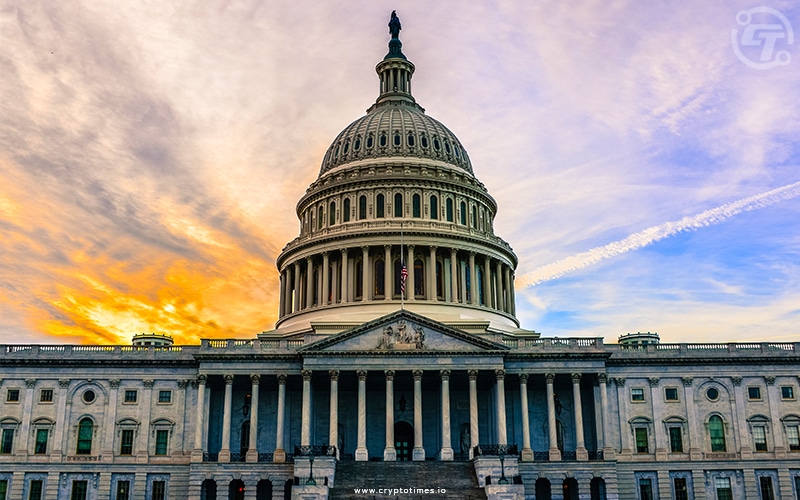The CBDC Anti-Surveillance State Act sponsored by Rep. Tom Emmer (R-Minn. ) was approved in the U. S. House of Representatives with 216 votes to 192.
Sponsored mainly by Republicans, the bill seeks to prohibit the Federal Reserve from creating a CBDC that is directly accessible to the public due to issues of financial monitoring and privacy.
Concerns Over Financial Privacy
The legislation is a sign of increasing concern among the lawmakers, in relation to the possible expansion of the government interference in people’s financial transactions through CBDCs. Emmer, who led the bill, stressed the need for protecting Americans from a “government-controlled programmable money” system that threatens privacy.
Nevertheless, the bill has been passed in the House but it is expected to face a tough time in the Senate where the Democrats have a majority.
Jerome Powell, The Fed Chair, has made it clear that the Federal Reserve is far from adopting a CBDC, and any implementations would retain the traditional banking system. The Fed’s position is in response to the growing discussions on the impacts of digital currencies on national and international economies.
As debates go on, the advancement of the bill to this stage is a turning point in the U. S. legislative framework of new generation digital currencies, which clearly demonstrates the dilemma that legislators face between the desire to foster innovation and the need to protect the rights of individuals to privacy.
Also Read: SWIFT’s Wen Yang Discusses CBDC System Interoperability






